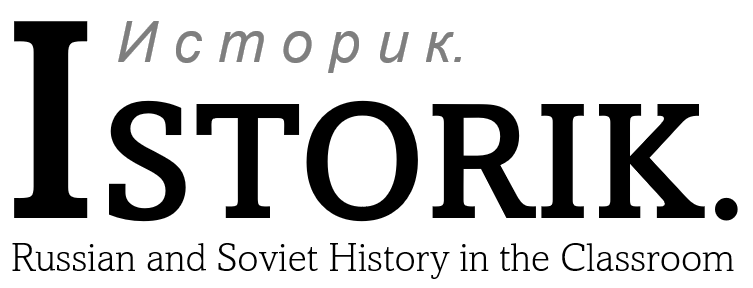Dates of events might be considered objective facts, open to
neither debate nor contestation.
Yet periodisation – that is, setting the start and
end dates of a particular time period in history – is very much a matter of
interpretation. Indeed, where the historian (or history teacher) chooses to
begin or end a historical period can determine not just the length of the period
in question, but also its meaning and significance.
This is made clear in the case of the Soviet Union’s Second World War by Mark Edele’s excellent 2021 overview, Stalinism at War.






